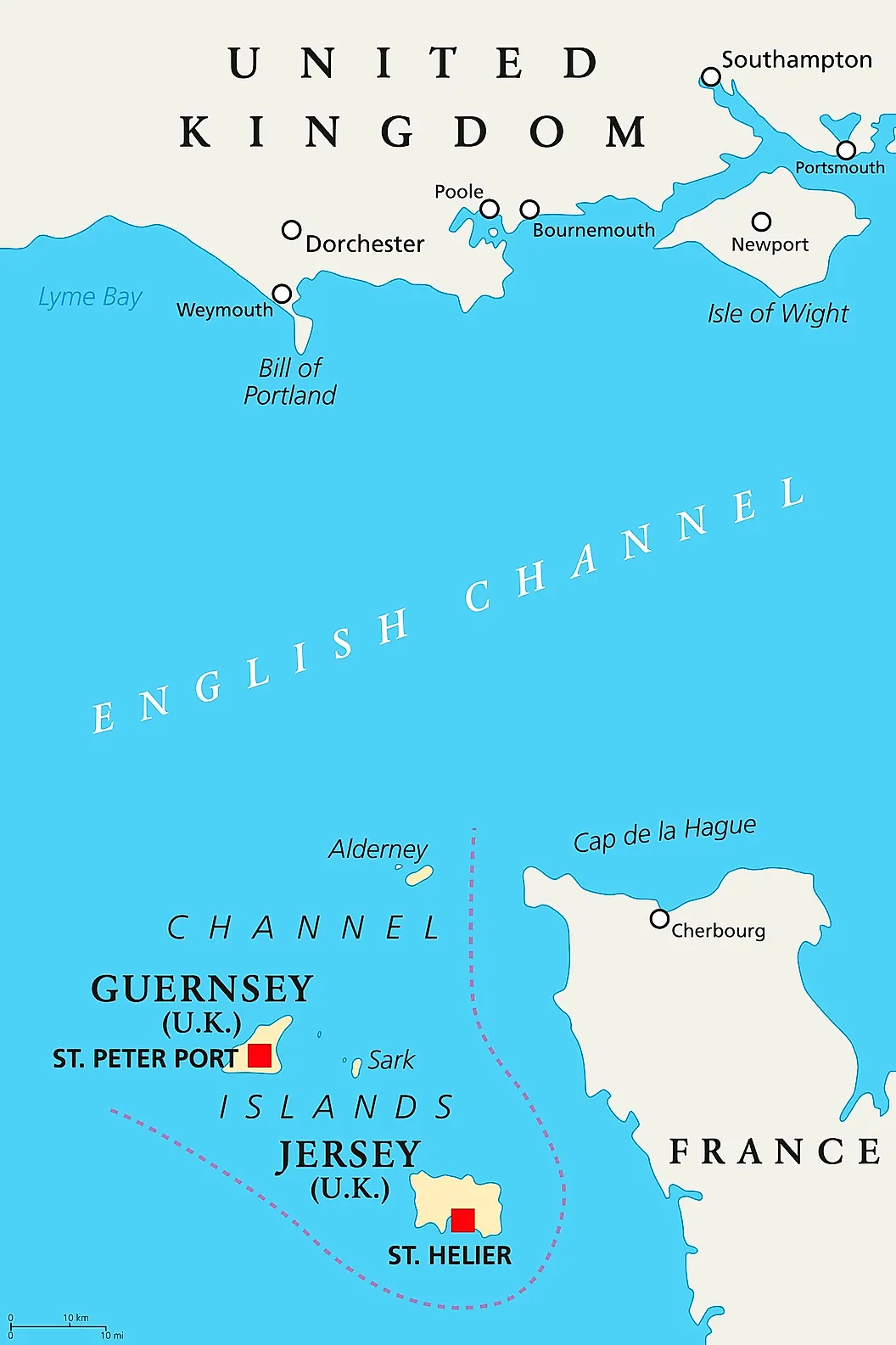Ulster Scots can be a contentious issue. Many linguists consider it a dialect of Scots, some a dialect of English, while others even a language. Everyone agrees that Scots arrived in Ulster in the early 1600s as the spoken language of the planters from lowland Scotland, and that it gradually became distinctively Ulster in nature over the years that followed. Today, about 2% of the population of Northern Ireland claims to speak Ulster Scots and the British government is legally required to facilitate those who speak it.
Ulster Scots




